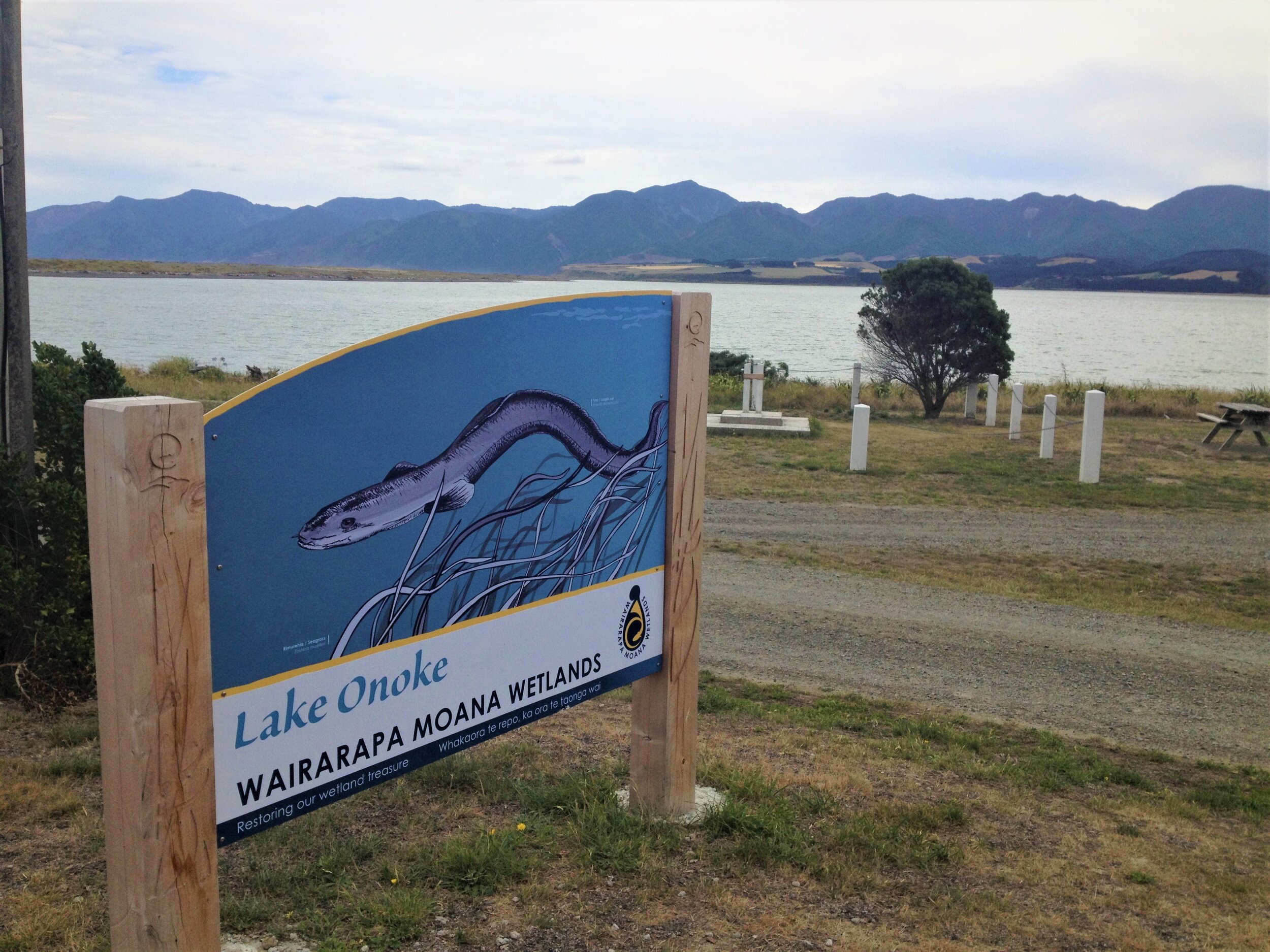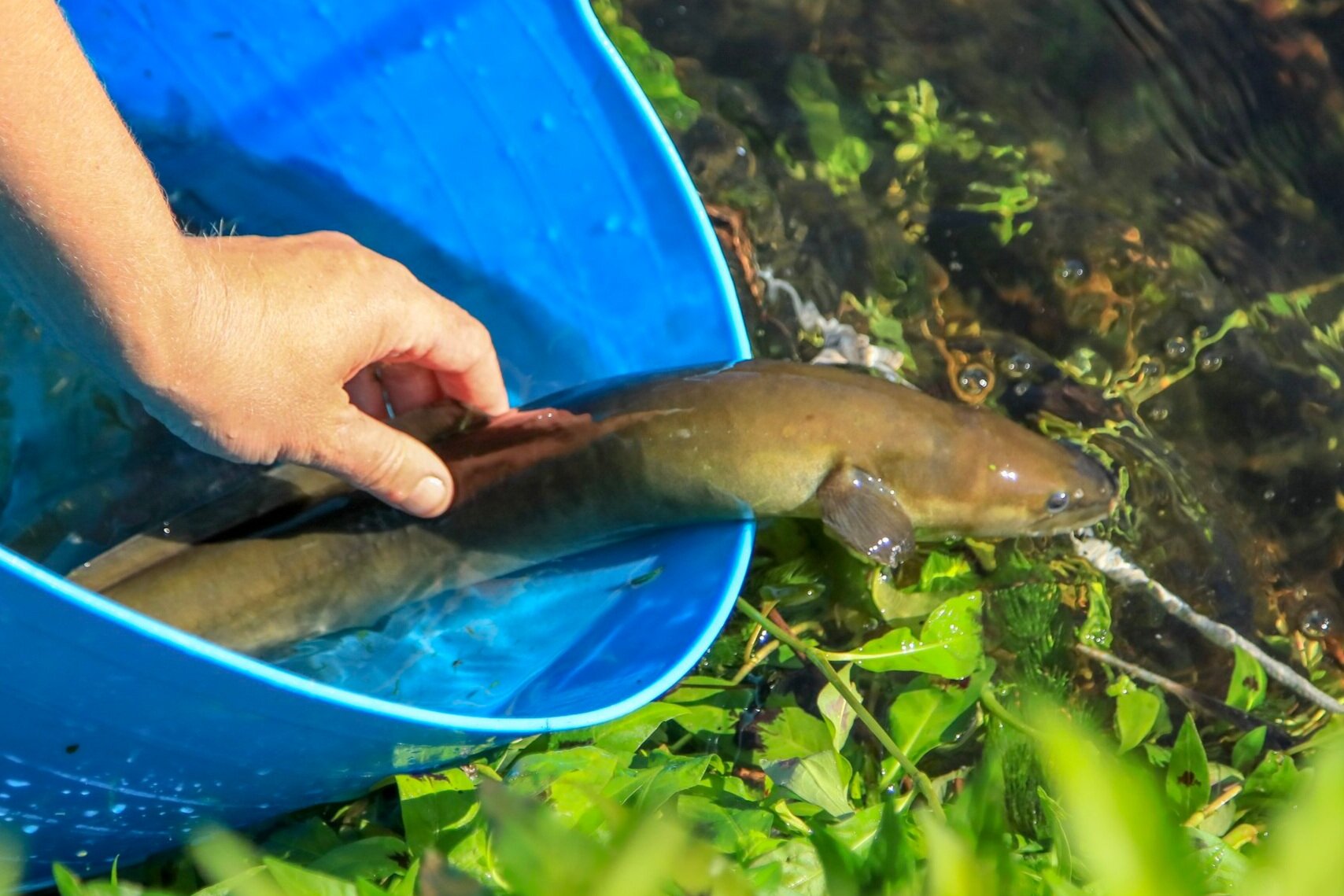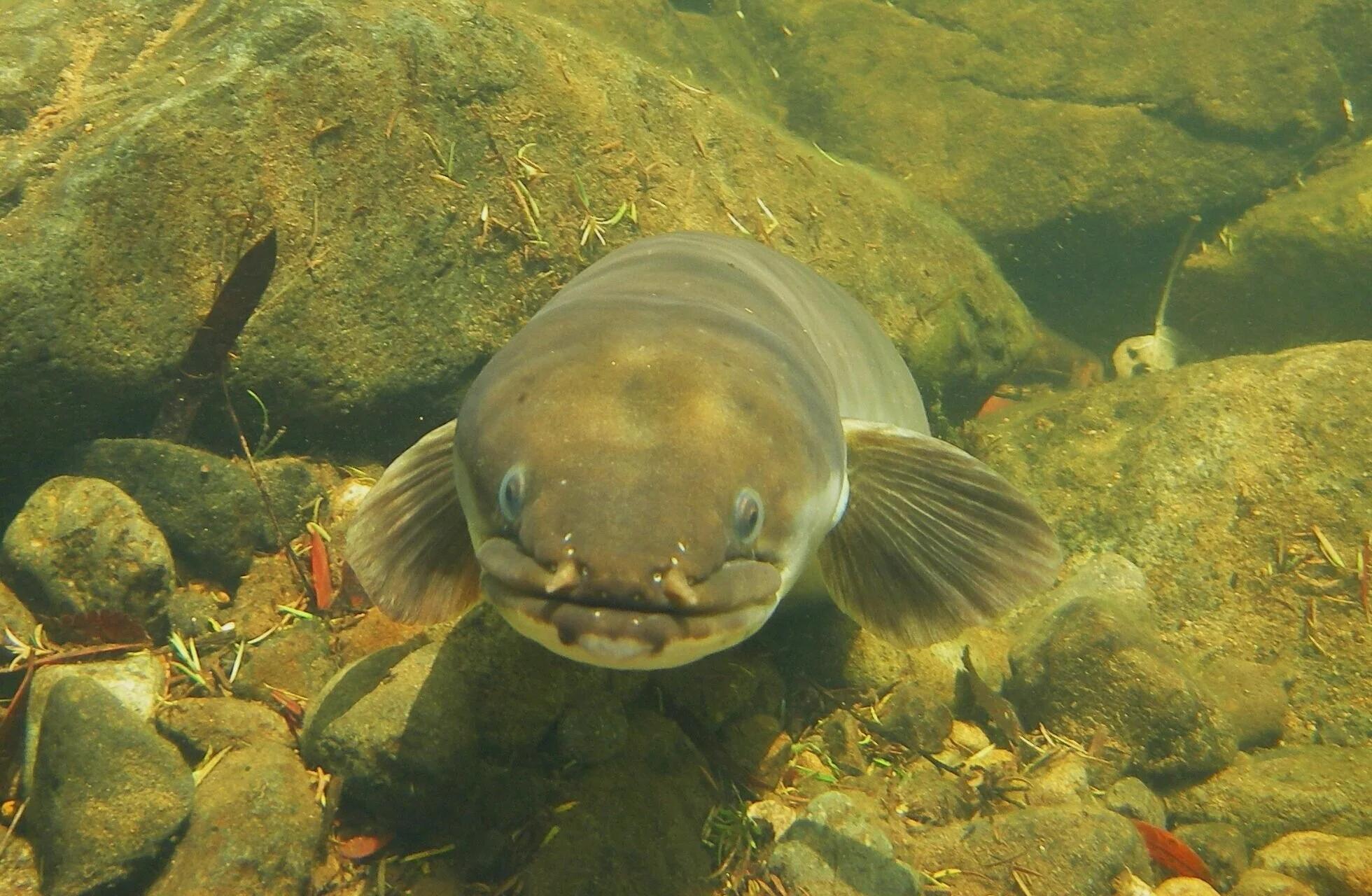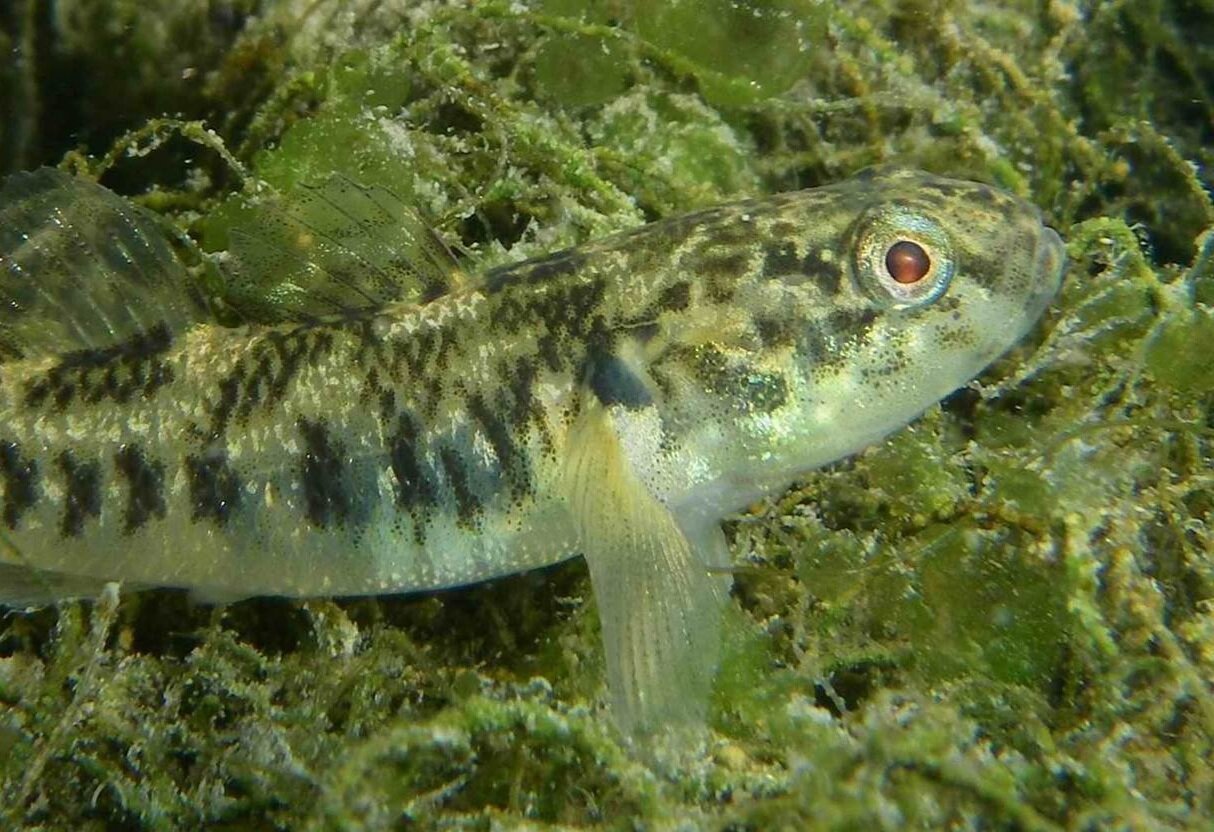Lake Ferry is a cute little settlement on the shores of Lake Ōnoke, with breathtaking panoramic views from the lake out to sea. Sometimes wild and windy, this spectacular spot is the backdrop to a fascinating history.
Lake Ferry was one of the first places settled by Māori in Wairarapa. Ōkorewa lagoon was a fishing village at the mouth of the Ruamāhanga River, and a significant focal point for the harvesting and trade of tuna (eels) and other fish. Tuna were the backbone of the economy for Wairarapa hapū (sub tribes). Since European settlement, numbers of tuna and other native species have dropped dramatically as a result of flood protection schemes and changes in land use throughout the Ruamāhanga catchment.
Lake Ferry got its current name from the ferry service set up in 1850 by the owner of the first hotel. He could only get a hotel licence if he provided a ferry service across Lake Ōnoke to enable travellers to journey up the Ruamāhanga River.
As you walk to nearby Ōkorewa lagoon from Lake Ferry you will see community plantings, led by South Wairarapa Biodiversity Group, designed to increase habitat for native wildlife. Native birds often seen in the area include poaka (pied stilt), matuku moana (white-faced heron), pīhoihoi (pipit), and pūtangitangi (paradise shelduck).
Getting here
Lake Ferry is 45 kilometres from Featherston. There is ample parking with enough space for motorhomes.











